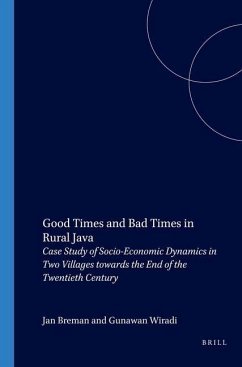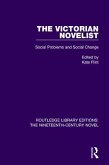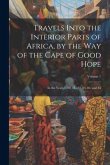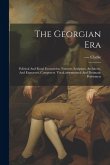The causes of the Asian economic crisis have been the subject of fierce debates among economists, yet little is known about the impact on employment and wellbeing. In Indonesia, the worst affected country, the malaise turned into a political and societal upheaval which brought an end to the New Order regime. Based on anthropological fieldwork in two villages along the coast of West Java, the monograph discusses the repercussions for work and welfare in the rural hinterland.
Bitte wählen Sie Ihr Anliegen aus.
Rechnungen
Retourenschein anfordern
Bestellstatus
Storno







